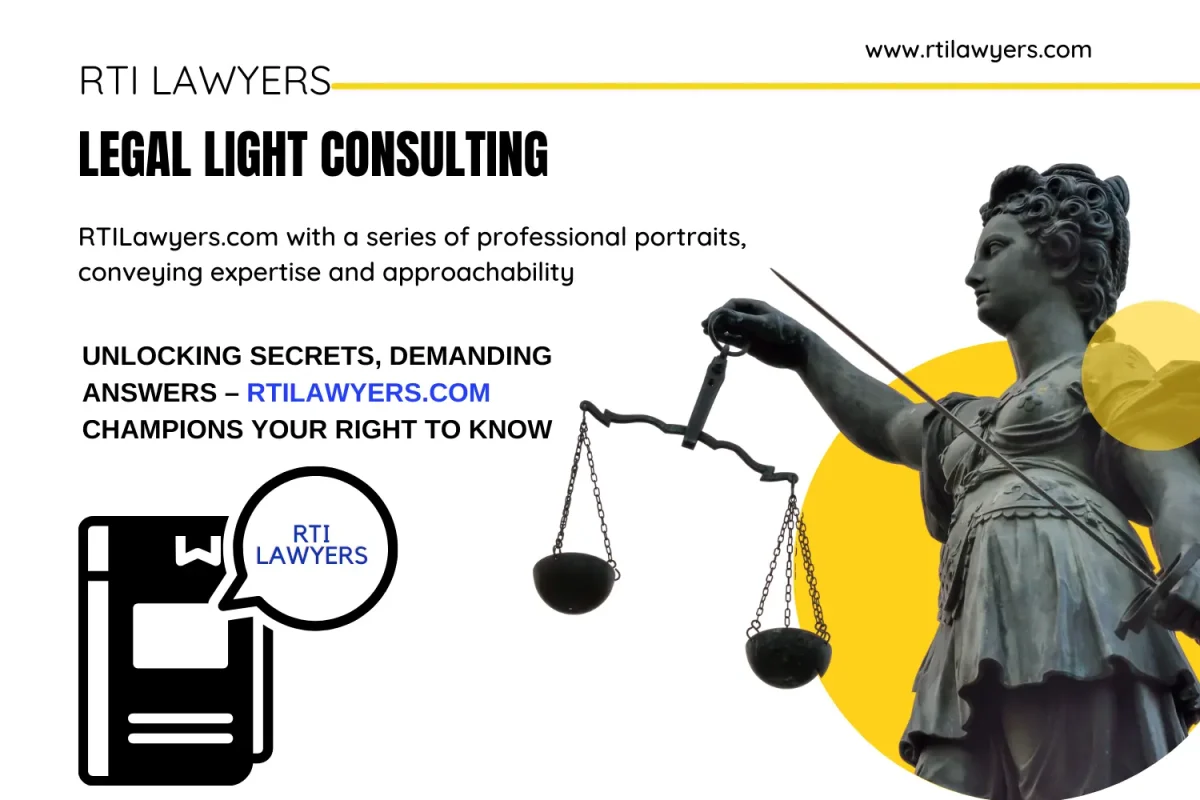Empowering Citizens: Accessing Information under the Right to Information Act, 2005
The Right to Information Act, 2005, stands as a beacon of transparency, empowering citizens by granting them the right to seek information from public authorities. Understanding who can avail themselves of this right and the binding nature of the decisions made under the Act is essential for fostering an informed and engaged citizenry.

Who Can Seek Information?
As per Section 3 of the Right to Information Act, 2005, any Indian citizen has the right to seek information under the Act. This inclusive provision ensures that every citizen, regardless of their background or affiliations, can access information held by public authorities. The Act recognizes the significance of an informed citizenry in upholding the principles of democracy and accountability.
The scope of the Act is vast, covering a multitude of subjects and public bodies. Citizens can request information on matters ranging from governmental policies and decisions to the functioning of public authorities, fostering a culture of openness and transparency.

Is the Decision of the Commission Binding?
A key aspect of the RTI Act is the binding nature of the decisions made by the Information Commission. Section 19(7) of the Act explicitly states that the decisions of the Information Commission are binding. This provision adds weight to the rulings and orders issued by the Commission, ensuring that public authorities comply with the directives given.
When a citizen approaches the Information Commission seeking resolution, the decisions rendered are not merely recommendations but carry the force of law. Public authorities are obligated to implement the directives provided by the Commission, thus ensuring accountability and adherence to the principles of transparency.
The binding nature of the Commission’s decisions underscores the importance of the RTI Act in creating a system where citizens can hold public authorities accountable for their actions. It establishes a legal framework that reinforces the rights of citizens to access information and ensures that public authorities operate with transparency and responsiveness.
Conclusion
The Right to Information Act, 2005, is a powerful tool for fostering a participatory and informed democracy. By granting every Indian citizen the right to seek information and ensuring that the decisions of the Information Commission are binding, the Act stands as a guardian of transparency and accountability in governance. As citizens exercise their right to seek information, and public authorities adhere to the binding decisions of the Commission, the democratic fabric of the nation is strengthened, paving the way for a more accountable and open society.
01.
RTI Application Drafting
Preparation and drafting of RTI applications to seek specific information from public authorities.
02.
RTI Application Review
Review and analysis of RTI applications to ensure completeness and effectiveness.
03.
RTI Appeal Services
Assistance with filing appeals in case of unsatisfactory responses or denials from public authorities.
04.
RTI Litigation Services
Handling legal proceedings, including litigation, related to RTI matters.

